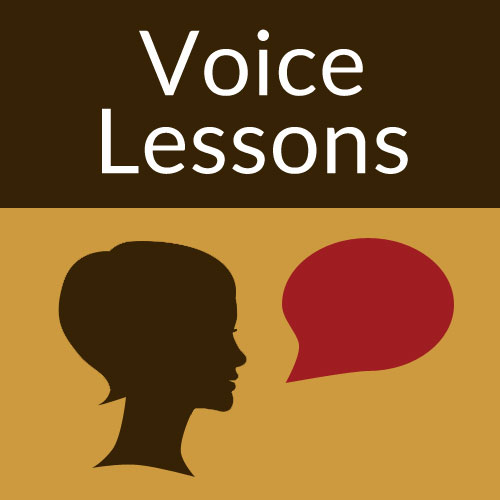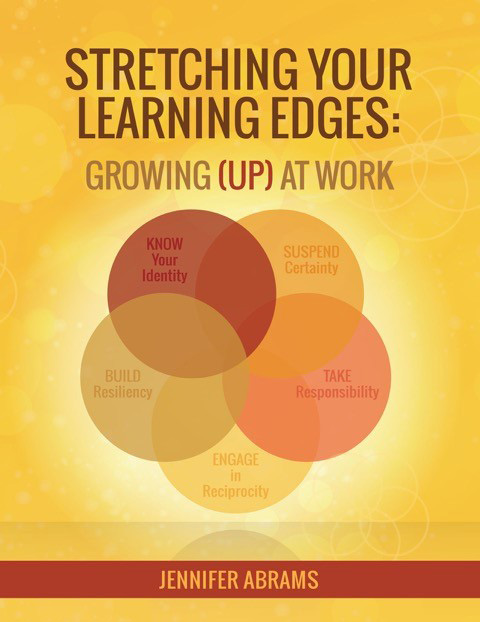Just ‘Putting It Out There’
November 2, 2020

The start of fall is upon us all in my hemisphere. It has already snowed in the Midwest and the heat is breaking in the West of the USA. Leaves are falling. We are hunkering down. And, as we move into a new season, we notice a few things that need a little changing as we settle in for the long winter. Many of us find ourselves getting a little irritated by what we see are the challenges ahead. We are growing a bit more frustrated and are a bit cranky. Instead of whining and complaining, we need to linguistically step up. We need to build up our skill set to communicate our concerns humanely and maturely. (Or else it’s going to be a really long winter.) Do we have what it takes to share concerns (not complaints) and do so productively?
This past week a colleague wrote me and asked if I had written something “that helps us discern if we want to have difficult conversations by email (or not) and/or reasons why one wouldn’t want to do use that medium?” Ah, the ‘just putting in out there’ email. Is there a more responsible way to share a concern? It was an “Ask Jennifer” moment, but it rang true for me beyond this one query. How do we take responsibility for choosing the right medium and scripting a better message? How do we share concerns that aren’t just complaints and do so thoughtfully? A few ideas as I brainstorm…
- If the tone of the email could be misinterpreted more so through an email exchange then by a face to face conversation (via Zoom or in person), talk to the person. Chances are you will want to be super clear in your communications for your face to face talk and the type of preparation you will most likely go through is a good thing.
- If the conversation is about something in the ‘grey’ – (it isn’t an absolute, it isn’t an already agreed upon expectation and/or it isn’t statement of fact) – then have the conversation face to face.
- If you want to explore next steps and/or personalize how something could be changed moving forward, have a face to face talk.
Have you noticed a theme? If you have a concern (notice I didn’t say complaint) or you have a request, it’s my assertion that you should ‘step up’ and speak to the person face to face – do not avoid the interpersonal by writing a ‘just putting it out there’ email. Actually speak to the individual in a humane and growth producing way. Not easy, not simple, but easier than even more misinterpretation, the possible perception that you are passive aggressive, and increased frustration and simmering on the side of the reader – some of which could be eliminated through a face to face sharing of the concern. But what do you need to do before you meet face to face?
Make sure you are ready to
- Articulate a clear reason for the conversation. Keep the language professional. Remember you aren’t complaining; you are expressing a concern.
- Provide specifics around what is currently challenging you ‘as is’. Try not to share more than three specifics as too many could be seen as overkill and the other person might shut down.
- Offer 1-2-3 suggestions or recommendations for changes you see could be done moving forward that could be seen as doable alternatives.
Yes, all of this can be more uncomfortable than a ‘just putting it out there’ email (with colleagues cc:ed in a reply all for ‘cover.’) And, more time will be needed on the front end to prepare. Yet taking responsibility for sharing your communication in a thoughtful way moves you from the space of complaining to a position of partnership and problem solving – from a possible perception of being viewed as passive aggressive (or just plain aggressive) to one of ownership and possibility.
We need to take responsibility to communicate clearly and humanely. My hope is that as we build up our linguistic skills, we reduce our internal and external drama and increase our sense of resourcefulness.
This month ask yourself:
- What is your responsibility in your role at work? Not just by job description but language-wise, communication-wise, action-wise?
- How best do you work with the understanding that the responsibility for how you communicate is ‘on you’?
- How might you work to the ‘top’ or to the ‘edges’ of your role? What would that mean for how you move forward in your interactions?
If you have any questions, comments or topic suggestions, please feel free to email me at Jennifer@jenniferabrams.com. I look forward to hearing from you!
Cool Resources
Self-Regulation by Any Other Name: New Harvard Project Connects the Similar and Disparate Words of Social-Emotional Learning “Harvard team looked at some of the most popular frameworks worldwide, analyzed how each group defined skills like self-efficacy and conflict resolution, and took note of how these definitions varied. They launched a visual, interactive display of this multi-year taxonomy project, called Explore SEL, with the hope that policymakers, advocacy groups and educators can better understand the hundreds of words being used in this field.
My colleague, Becki Cohn-Vargas’s book on Identity Safe Classrooms, Grades 6-12 is out! “In identity safe classrooms, students facing negative stereotypes or viewed as different are “seen,” accepted, and valued for who and what they are. Their identity is embraced as an asset not a barrier for school success. Identity safety is a research-based set of practices that counter the harmful effects of stereotype threat and allow our students to reach their full capacity for learning, foster positive relationships, and better appreciate the full spectrum of human differences. The second of a two-volume set, Identity Safe Classrooms, Grades 6-12, is a call for educators to come together and realize a vision of schools as transformative places of opportunity and equity for all students.”
Busboys and Poets offers online lectures from truly cool artists, and thinkers. “Busboys and Poets is a community where racial and cultural connections are consciously uplifted… a place to take a deliberate pause and feed your mind, body and soul…a space for art, culture and politics to intentionally collide… we believe that by creating such a space we can inspire social change and begin to transform our community and the world.”

